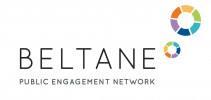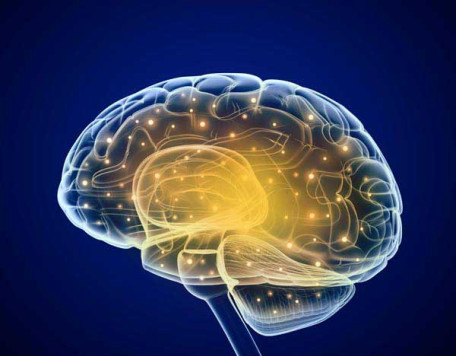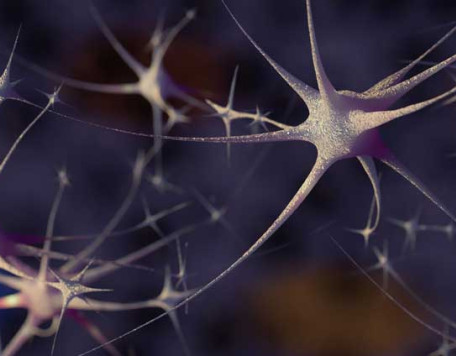© Pint of Science, 2025. All rights reserved.
Most of us use thousands of spoken words each day and rely on speech for all our interactions: from complex discussions with colleagues to simple interactions with strangers. But how would you cope without the power of speech? Whether from deafness or disease, many are forced to adapt to life without uttering a single word. Join us as we open our eyes and ears to the importance of sign language (and test out the basics the experts), and hear how talking computers are opening up a world of new possibilities for those without speech. This event is not accessible for those with impaired mobility.
Can language emerge out of nothing?
What happens when you take deaf children with no way of communicating through sound, and bring them together in a country’s first school for deaf children? Will the resulting system be a series of gestures? Will they rely on pointing, or will they be able to create a language? In this talk, we explore what happened in Nicaragua in just this situation, and have a look at why the resulting Nicaraguan Sign Language is so instrumental to understanding how human language works.
Finding your (artificial) voice
Each of us has a unique voice, which is why more than just communicative abilities are lost when disease or motor problems take away someone’s ability to speak. Text-to-speech has restored communication - so what about the rest of it? In this talk, we look at ways to maintain a speaker’s voice and identity when their natural voice fails them.
Map data © OpenStreetMap contributors.
Other Monkey Barrel (Room MB1) events
2025-05-19
The Developing Mind: From Molecular Mechanisms to Meaningful Connections
Monkey Barrel (Room MB1)
9 Blair St, Edinburgh, EH1 1QR, United Kingdom
2025-05-20
The Resilient Mind: Fighting Against Dementia
Monkey Barrel (Room MB1)
9 Blair St, Edinburgh, EH1 1QR, United Kingdom




